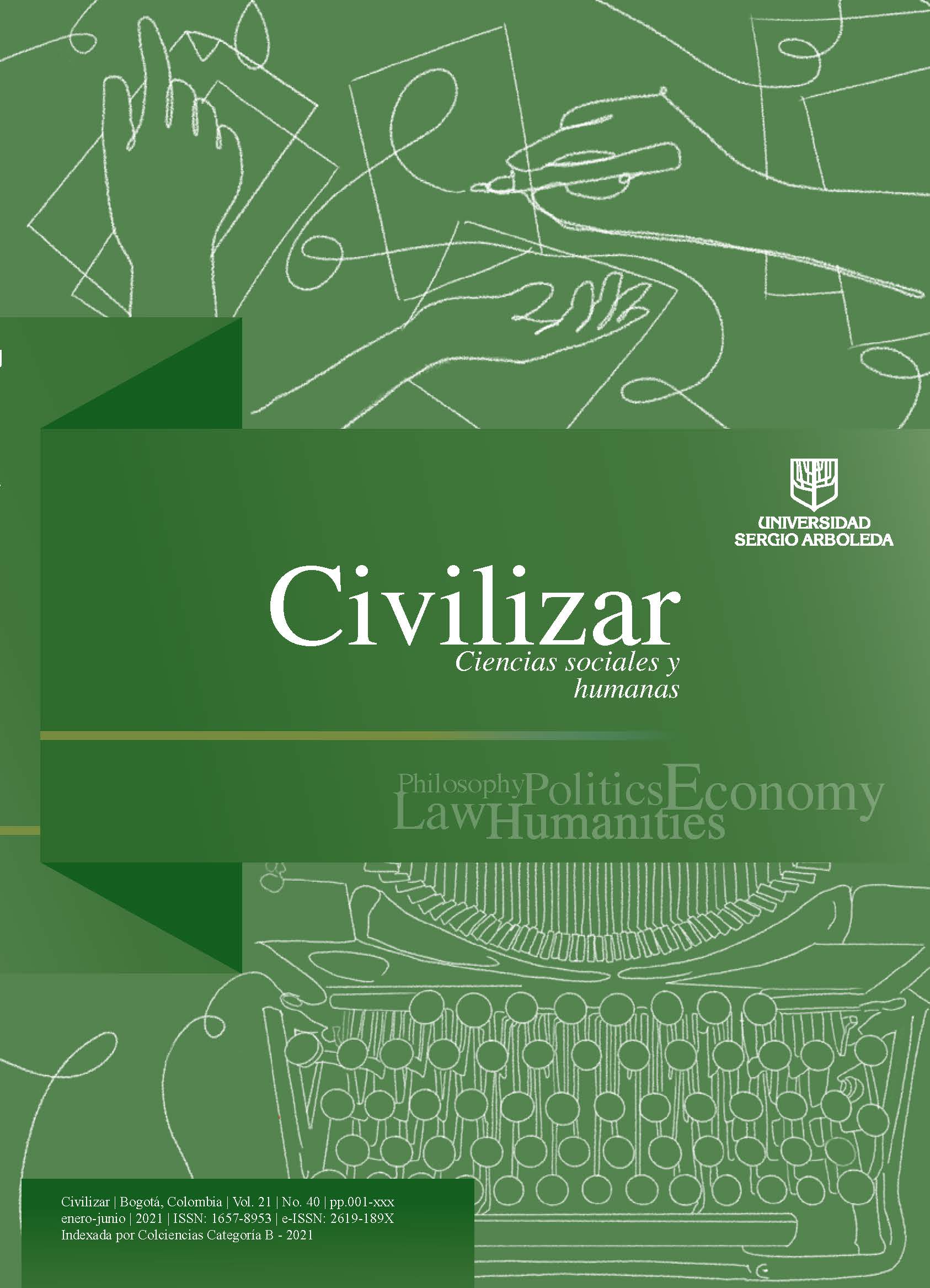Abstract
The interaction between gender and disability places women with this condition in an unequal position with respect to men with disabilities and people without disabilities, which triggers further marginalization and social exclusion and affects the exercise of their rights. This document aims to reflect on the intersection between disability and gender and the views that have been given on social inclusion since its conception in two public policies in Colombia. The findings of this work make it possible to identify that although the country has made progress in gender equality policies and in policies aimed at people with disabilities, actions aimed at addressing the structural conditions of women with disabilities are still emerging and require further study. Therefore, from a normative point of view, there is little connection between gender and disability. In this regard, it is recognized the need to revise Colombia's public policy on disability and the National Public Policy on Gender Equity for Women, from a perspective that includes the narratives of the social agents that are part of the implementation of social inclusion and gender perspective, since the stereotypes proposed by the biomedical approach still prevail, which can be a barrier to the proper implementation of actions that aim at the real exercise of rights.

This work is licensed under a Creative Commons Attribution-NonCommercial-NoDerivatives 4.0 International License.
Copyright (c) 2021 Journal Civilizar: Social and Human Sciences


